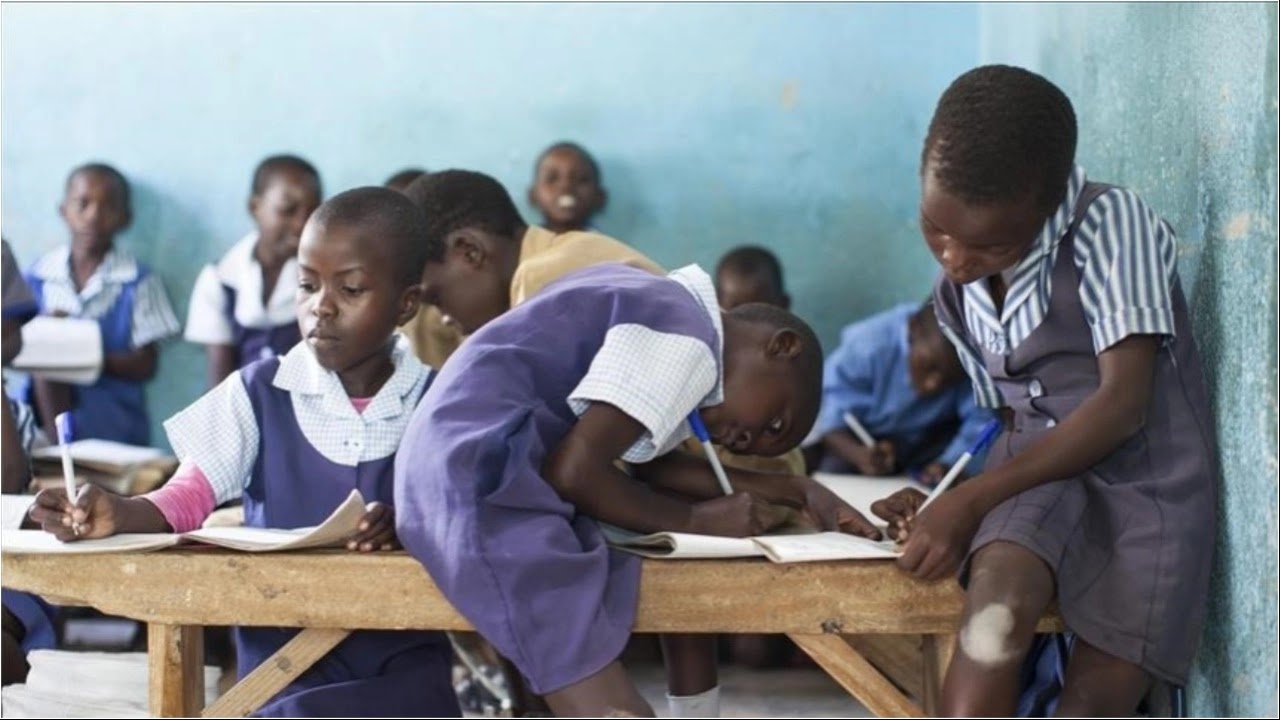ZIMSPHERE
HARARE – Zimbabwe's government has immediately replaced the Continuous Assessment Learning Activities (CALA) educational system with new school-based projects of practical applications, significantly reducing the number of areas covered by the non-examination process from about eight to one for each subject.
Information, Publicity and Broadcasting Services Minister Jenfan Muswere announced the changes yesterday after a Cabinet meeting in Harare.
He said the Cabinet approved the Heritage-Based Education 2024-2030, presented by the Minister of Higher and Tertiary Education, Innovation, Science and Technology Development, Professor Amon Murwira.
The new heritage-based education will be anchored on five pillars: programmes or learning areas infrastructure, staffing infrastructure, physical and digital infrastructure, legal and regulatory infrastructure, and financial infrastructure.
"Pertinent issues in the learning programmes infrastructure include rationalisation of learning areas and strengthening the school-based continuous assessment," Muswere said.
He added that at the infant level (ECD A to Grade 2), learning areas are being reduced from the previous 11 to six. This reduction will also apply at the junior level in Grades 3 to 7. At the secondary school level, the core and compulsory learning areas are being reduced from seven to five.
Muswere emphasized that an inclusive and integrated approach will be used to cater for learners with special needs, including thorough provision of assistive devices.
The review of the assessment modalities and tools will entail the rationalisation of CALA activities, now denoted as school-based projects, which emphasize on the learner being observed carrying out the practical aspects at school.
Muswere said it had been envisaged that the identification of pathways would be implemented early when enrolling learners for secondary education in order to cater for differences in talent and ability.
"Learners at secondary school level will study at least three electives from the following categories: the sciences, languages, humanities, commercials, technical and vocational, and physical education and arts," he said.
"The future of the country will increasingly be shaped by science and technology, hence the bias in the education system to foster critical thinking, innovation, creativity, problem-solving and programming."
Critical to the materialization of quality learning was the capacitation of teachers since the heritage-based curriculum required a different approach.
The government is prioritizing the provision of adequate and appropriate infrastructure, including classrooms, workshops, laboratories, internet connectivity, technical equipment, and teachers’ houses, to achieve its educational goals, according to Muswere.
"Focus will be placed on in-service teacher training and coaching, using locally available resources," he said. The government's approach aims to transform teaching practices from traditional rote learning to more learner-centred approaches.
"Pupils have space to develop their creativity, to develop and express their ideas, to collaborate with one another, to learn by doing and thereby experience holistic development," Muswere added.
In addition, personnel qualified in technical and vocational programmes would be considered for employment as teachers in relevant learning areas.
This move is expected to increase the absorption of post O-Level students in tertiary education institutions in the country and form the foundation of start-ups for enterprising learners.
Muswere also highlighted the government's commitment to ensuring access to electricity for every school, either from the national grid or renewable sources of energy, in order to bridge the gap between rural and urban schools.
"The focus will be more on learning by doing," he said.
To actualize the aims of the education system, a review of the legal and regulatory infrastructure would be undertaken.
Heritage-based education would be anchored on the pillars of programmes or learning areas infrastructure, staffing infrastructure, physical and digital infrastructure, legal and regulatory infrastructure, and financial infrastructure.
The CALA system has sparked controversy amid calls by most parents for it to be scrapped completely.
Educators have noted that CALA has increased learning disparities faced by rural pupils as most rural schools lack the infrastructure and resources necessary to administer the contentious curriculum.












.jpeg)








0 Comments